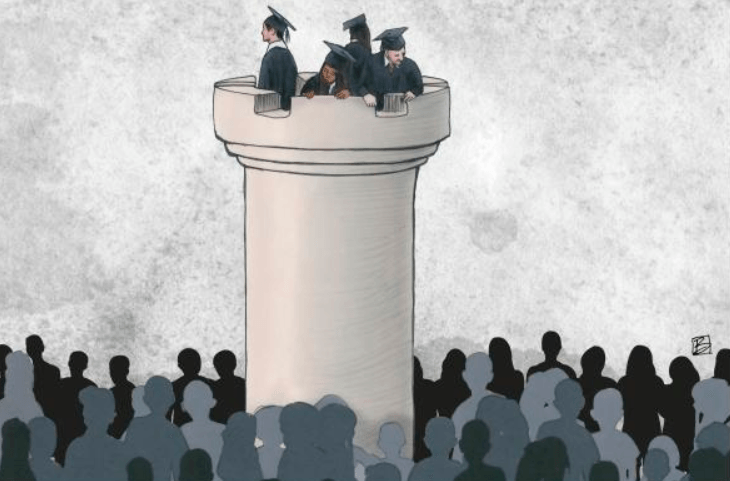YOU DECIDE ON SWEET OR SOUR DREAMS
Are you in your dream career? Are you truly engaged in your current job? These were two of the questions Money asked its readers in a recent poll (“The Money Poll” Money, March 2014, p. 106). Survey results were interesting yet disturbing. Here are two key results along with my thoughts:
People Who Are In Their Dream Career (14%). This number is not surprising. A person’s career is obviously a major life direction. It is also extremely complicated with an infinite number of variables. Therefore, very few people jump immediately into their dream career. Most folks meander in over many intermediate learning steps. It is sometimes a lengthy journey of self-discovery until the dream career is finally achieved. Tragically, some folks never arrive.
People Not Engaged By Their Current Job (70%). As evidenced by the previous measurement, this number is not surprising either. Yet it is more disturbing in some ways. Although you may not be in your dream career, your job is too important to not enjoy some level of engagement. Therefore, when we say 70% of the labor force is not engaged in their current positions, this is a real tragedy. It reveals a serious problem in the labor market today. It presents major talent management challenges, and no easy answers exist.
Reflecting on the above survey results, here are my suggestions:
1—Parental Wisdom Opportunities. It seems I continually see two types of parents. One type pushes the child into the parent’s preconceived notion of what that child’s career should be. The other type functions much more as a mentor and a guide, serving as a resource to the child as he or she makes career decisions. Obviously, the latter approach is the best approach. Perhaps some parents are pushing students too hard . . . into less than ideal career tracks.
2—Higher Education Opportunities. Many institutions of higher learning are already doing a splendid job at this, but opportunity still exists. Especially for high school students and other new college students, colleges and universities have much opportunity to mentor young adults through their career decisions. Helping aspiring students to find the intersection of their talents and their passions can do a great deal to achieving dream careers.
3—Talent Management Opportunities. Companies will be at their best when their employees are at their best, and employees cannot be at their best without employee engagement. Therefore, companies must continue to strive for superior strategies in how they perform talent management. Continuous employee assessment with an eye toward developing each person to his or her fullest potential is mandatory. Some companies do this phenomenally well. Other companies leave much to be desired. Ultimately, this falls to the organization’s leadership. Without quality and committed leadership in this area, all will be for naught.
4—Individual Worker Opportunities. As important as the above components may be, without the individual taking responsibility and accountability for career decisions, nothing will happen. As individual employees, we each have a vital role in creating our dream career and in achieving our own employee engagement. All the above-mentioned resources are marvelous, but the buck stops with the person you meet in the mirror every morning. Ultimately, your dream career and your employee engagement are up to you. So what are you going to do about it?










